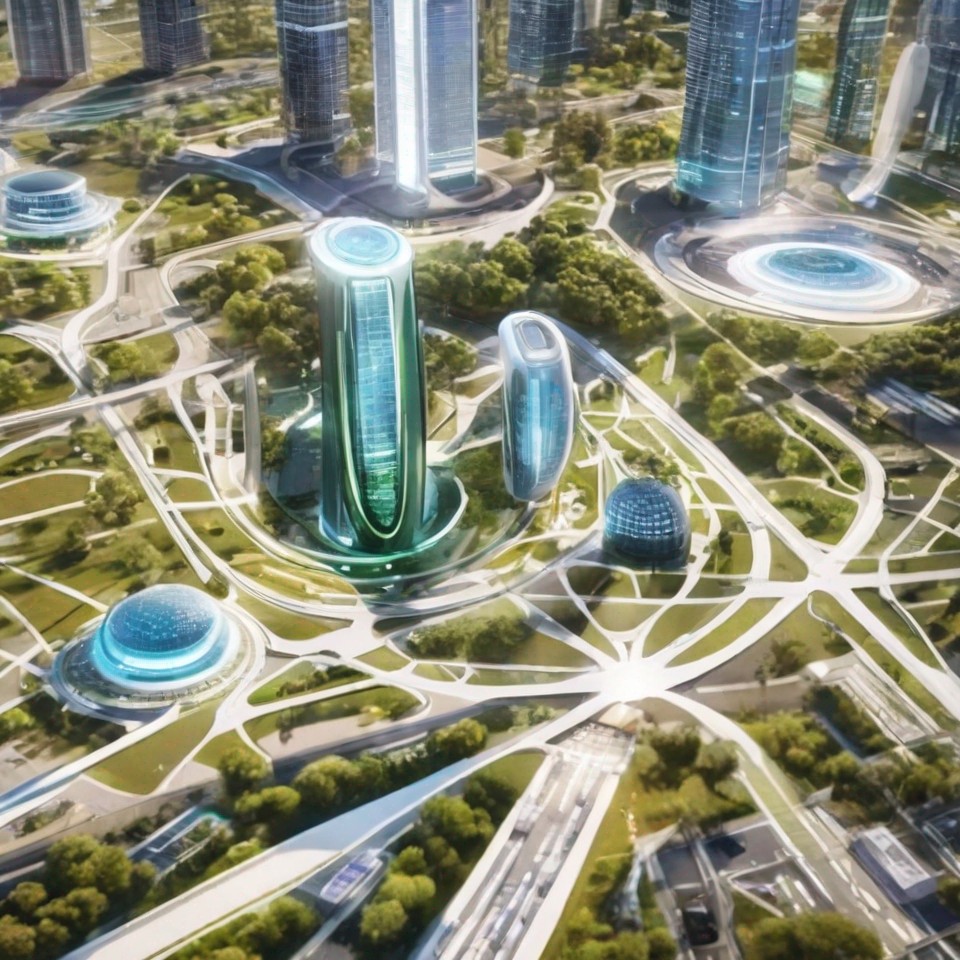by Jake Sanders, Editor
As the Pacific Islands grapple with unique challenges such as climate change, limited resources, and geographic isolation, the emergence of smart cities offers a beacon of hope for sustainable development. With advancements in artificial intelligence (AI) and other cutting-edge technologies, these islands are poised to transform their urban landscapes into interconnected, efficient, and resilient environments.
Embracing Smart Solutions
Smart cities leverage technology to enhance the quality of life for residents, optimize resource management, and improve infrastructure. In the Pacific Islands, where many communities face daily challenges, the integration of AI and other technologies can lead to innovative solutions tailored to local needs.
1. AI-Driven Disaster Management
The Pacific Islands are susceptible to natural disasters, including hurricanes and rising sea levels. AI can play a crucial role in disaster preparedness and response. For instance, data analytics can predict weather patterns, allowing for better early warning systems. In Fiji, local authorities are exploring AI models that analyze historical data to improve response strategies for cyclones, helping to safeguard lives and property.
2. Sustainable Energy Solutions
Renewable energy is vital for the Pacific Islands, where traditional energy sources can be both costly and environmentally damaging. Smart grids powered by AI can optimize energy distribution and incorporate renewable sources like solar and wind. In Samoa, initiatives are underway to implement AI-based energy management systems that predict energy demand and adjust supply accordingly, reducing waste and ensuring a stable energy supply.
3. Smart Water Management
Water scarcity is another pressing issue in the Pacific Islands. AI technologies can monitor water quality and usage, ensuring sustainable management of this precious resource. For example, in the Cook Islands, smart sensors are being deployed to detect leaks and monitor water levels in real-time, enabling more efficient use of water and reducing the risk of shortages.
4. Transportation and Mobility
Traffic congestion and inefficient public transportation systems can hinder mobility in urban areas. AI can enhance transportation networks by analyzing traffic patterns and optimizing routes. In Tahiti, a pilot program is testing AI-driven apps that provide real-time updates on public transport schedules, helping residents plan their journeys more effectively.
Community Engagement and Inclusivity
As Pacific Island nations embark on their smart city journeys, it is essential to prioritize community engagement and inclusivity. Technology should empower local populations rather than alienate them. Collaborative platforms that allow residents to voice their needs and concerns can ensure that smart city initiatives reflect the values and aspirations of the community.



